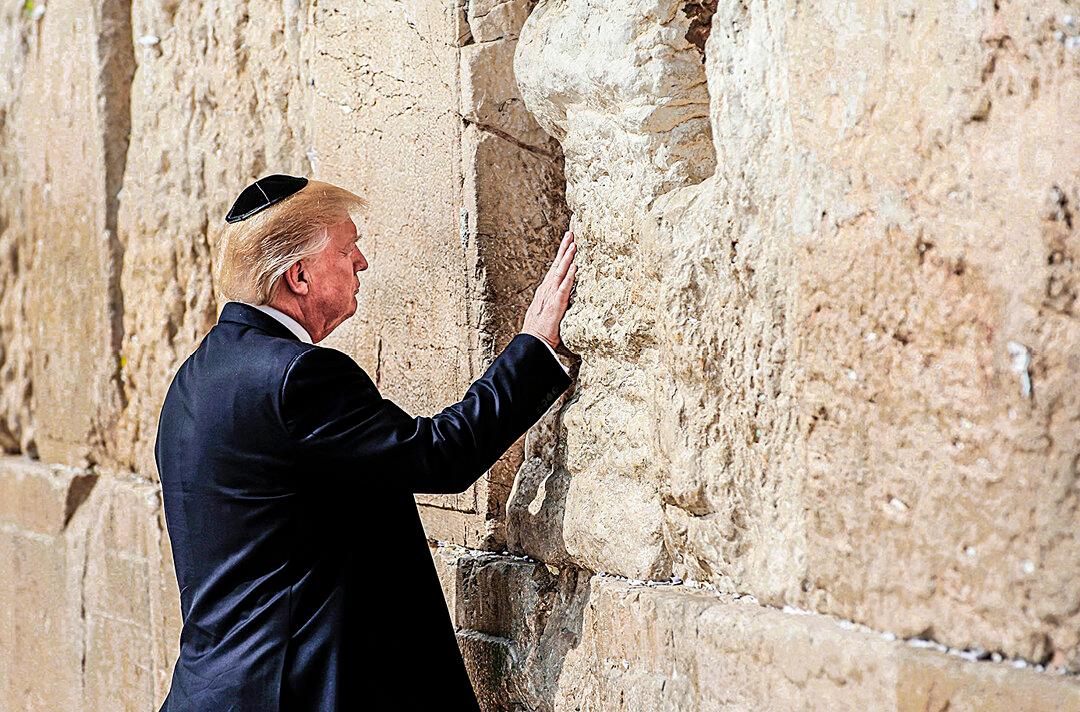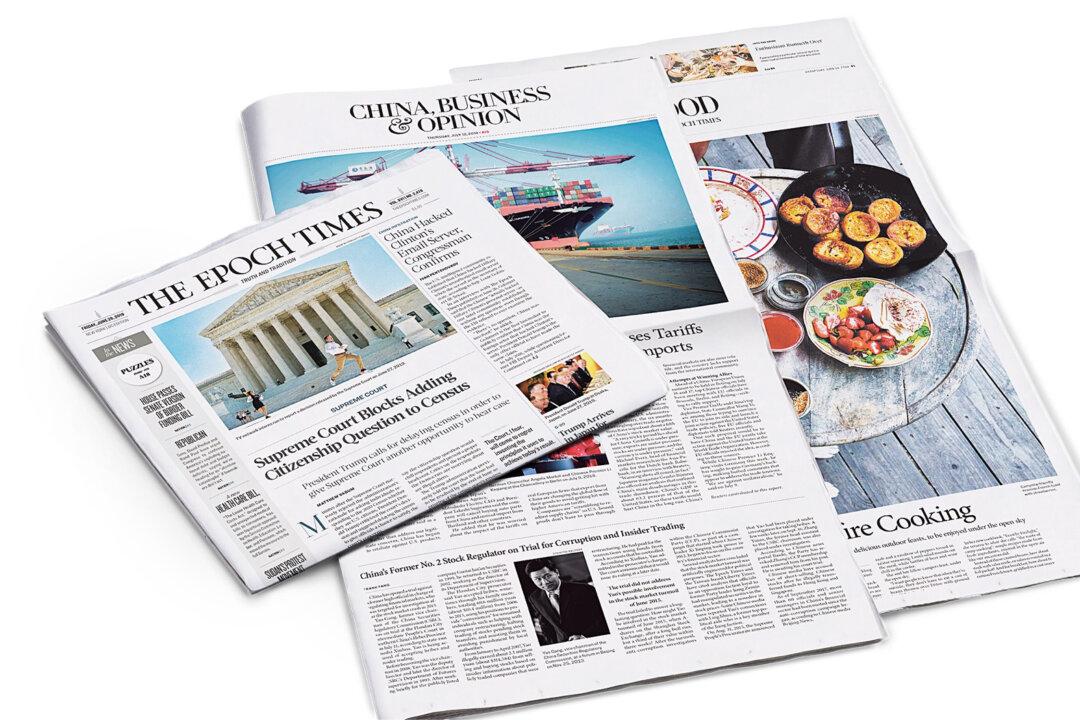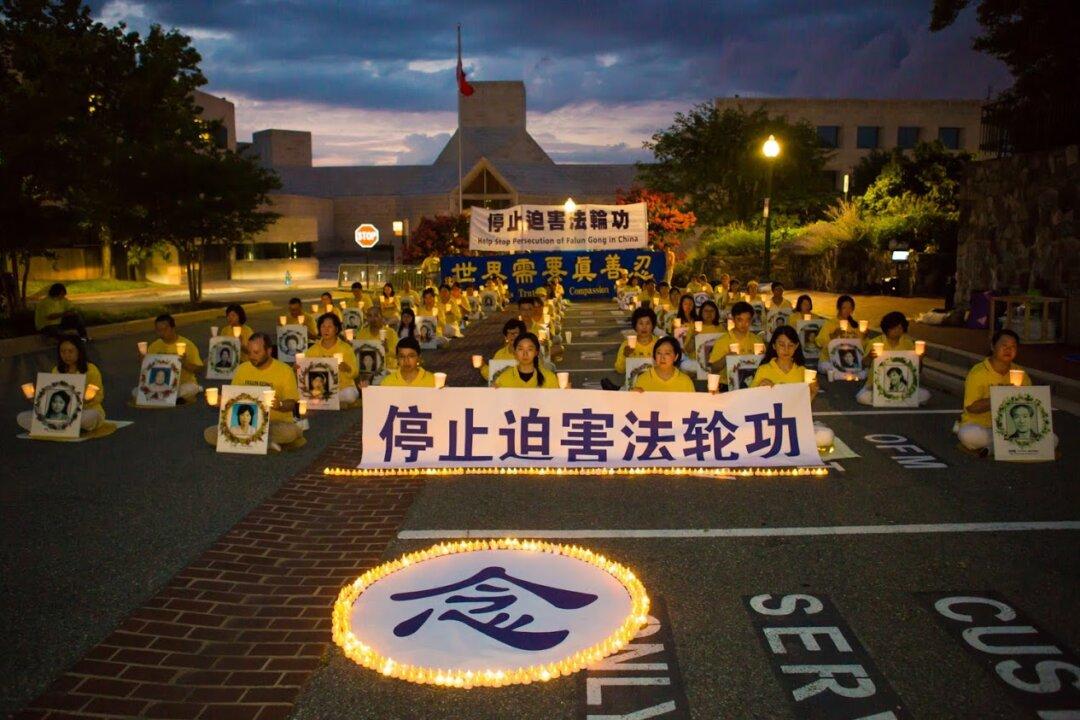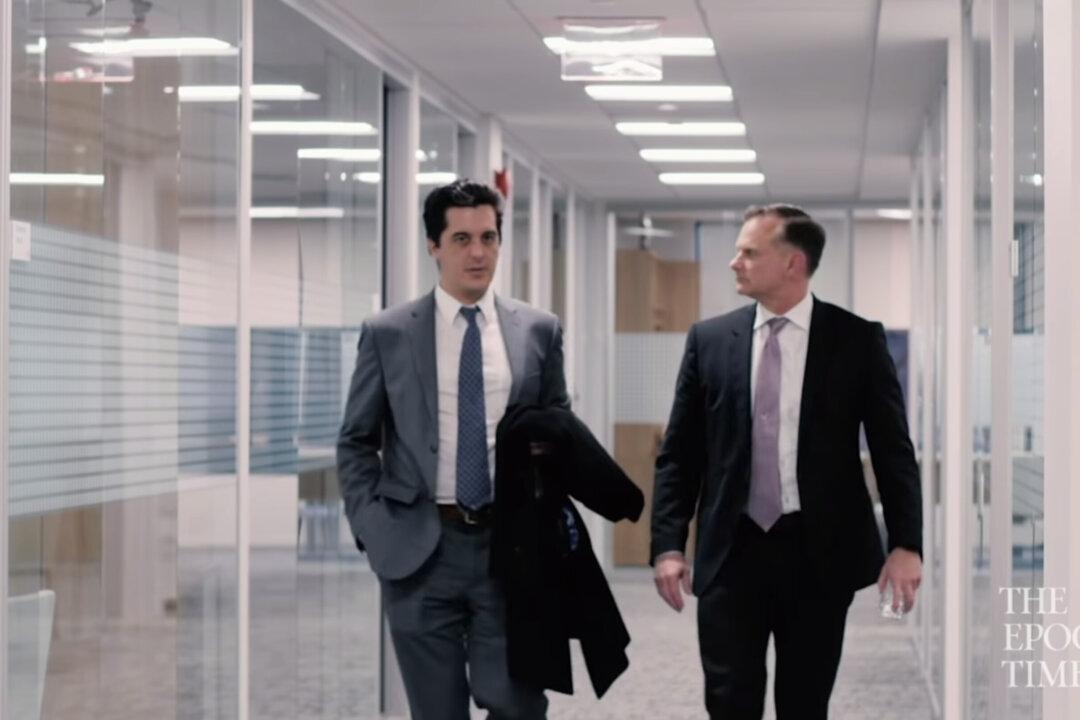With quick visits to Riyadh, Jerusalem, and Bethlehem, President Donald Trump has reasserted American leadership in the Middle East and laid out an ambitious agenda to bring peace and stability to the region.
Trump used speeches to the Arab Islamic American summit in Riyadh on May 21, and to a gathering of Israeli notables at the Israel Museum in Jerusalem on May 23, to reset relations with the two closest U.S. allies in the region.





